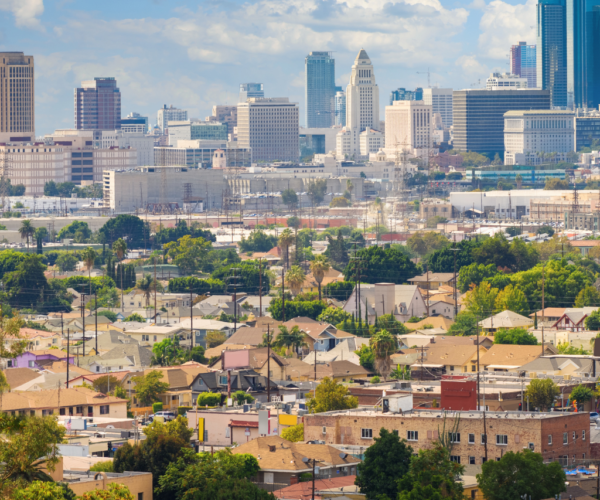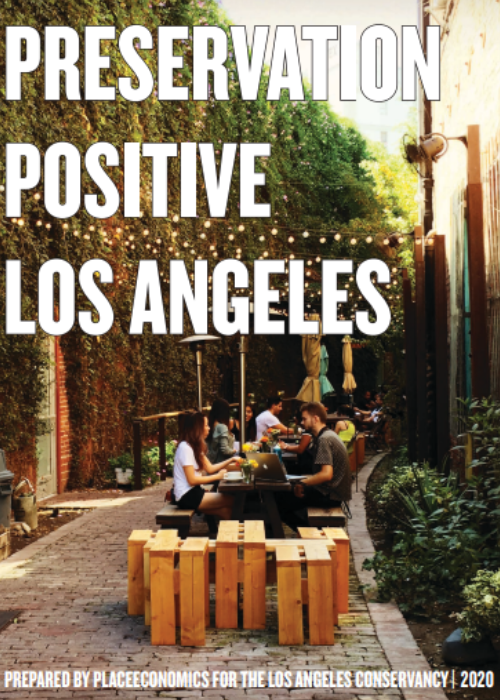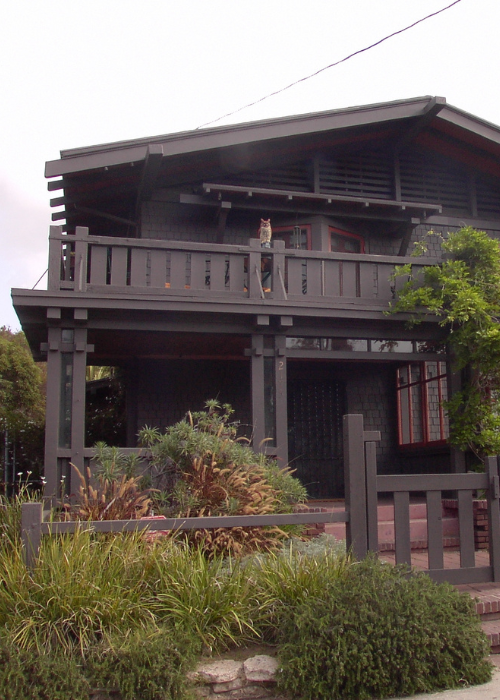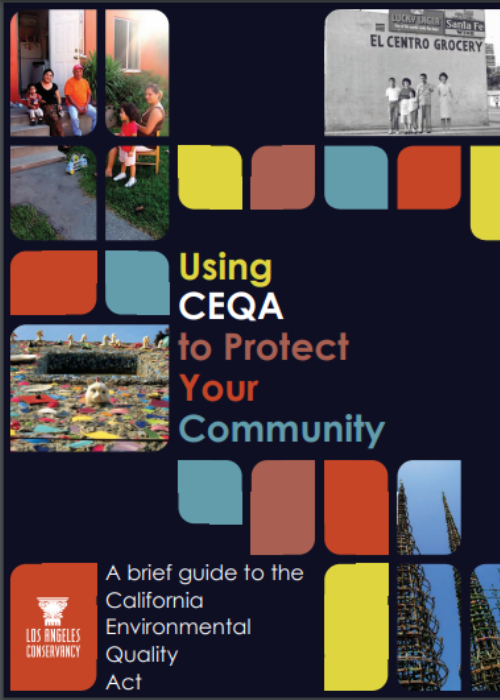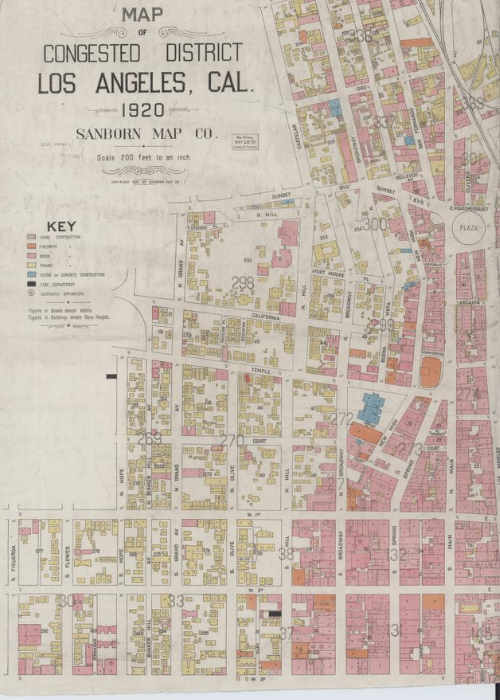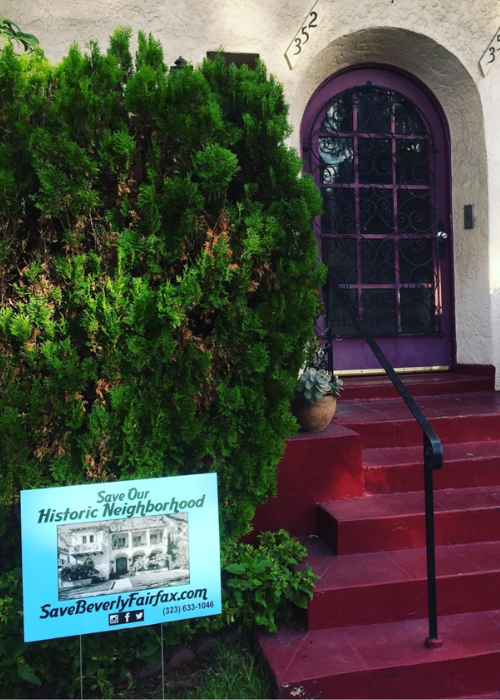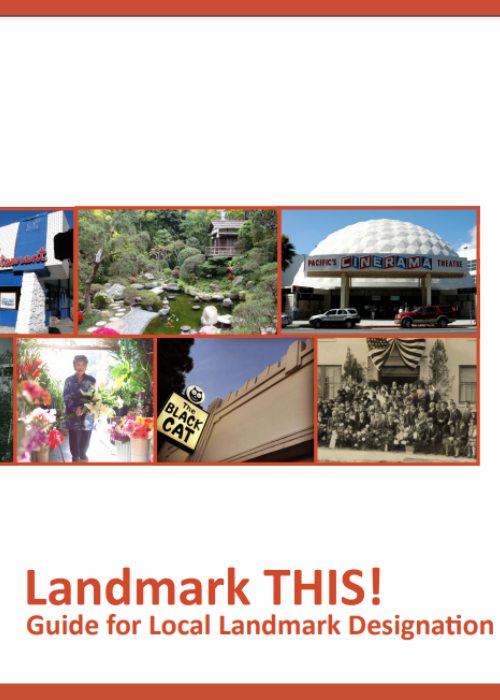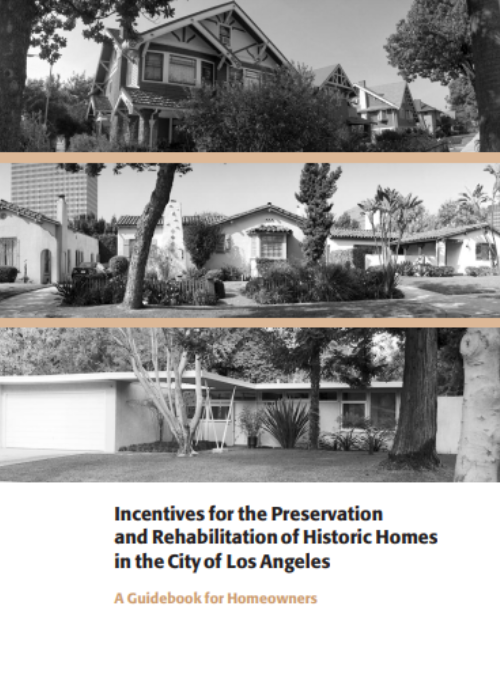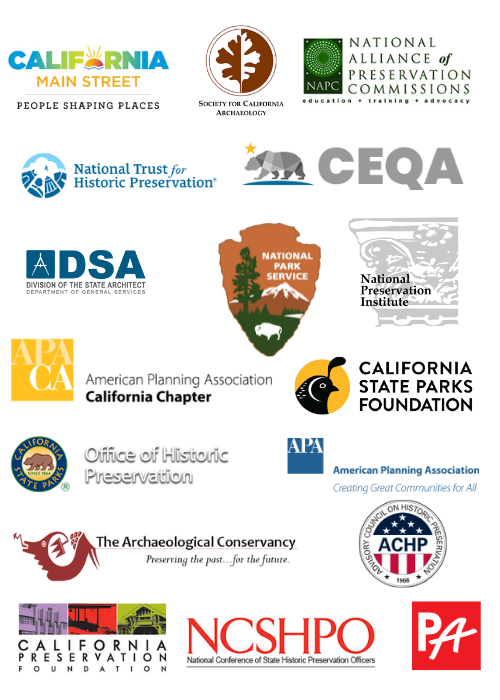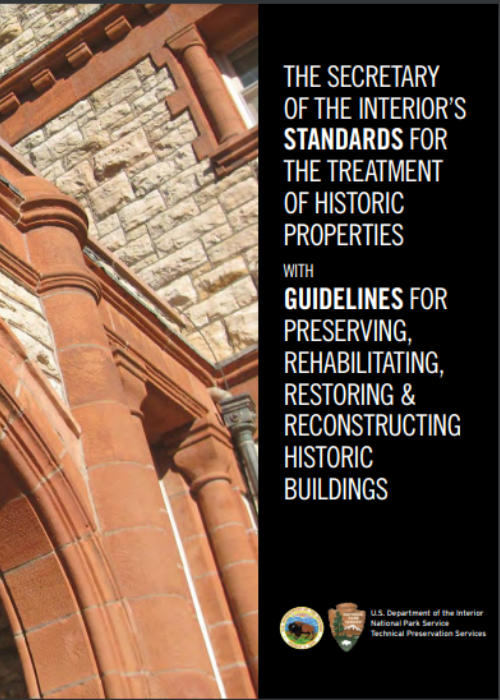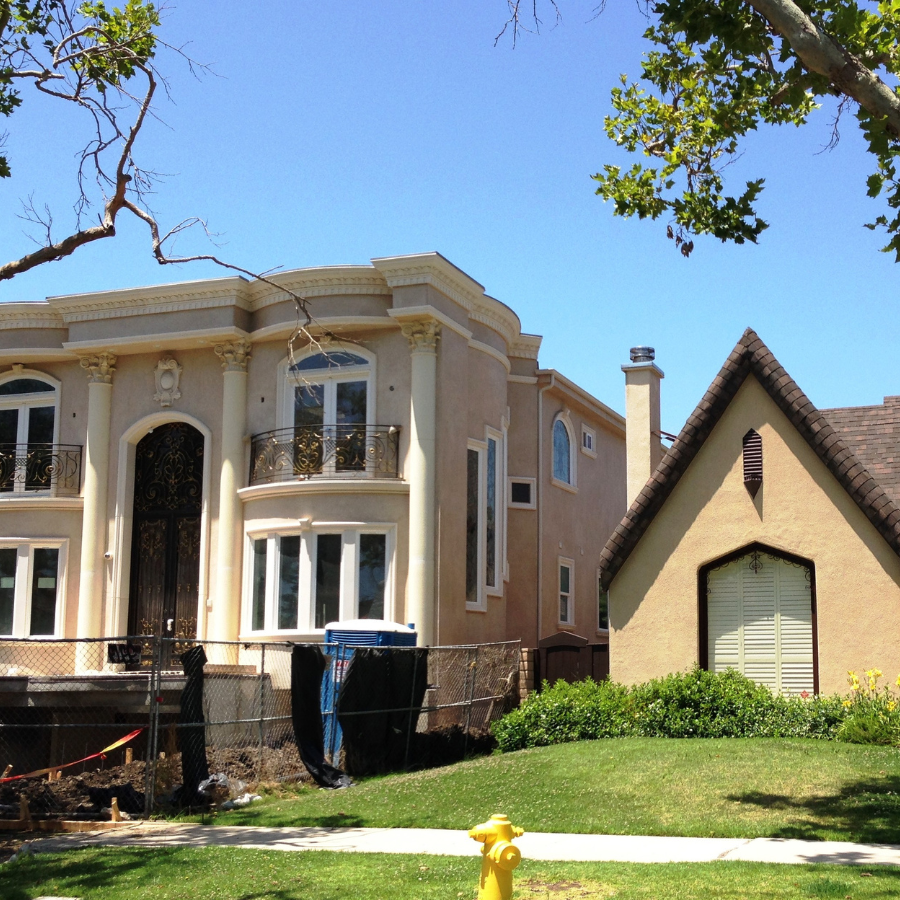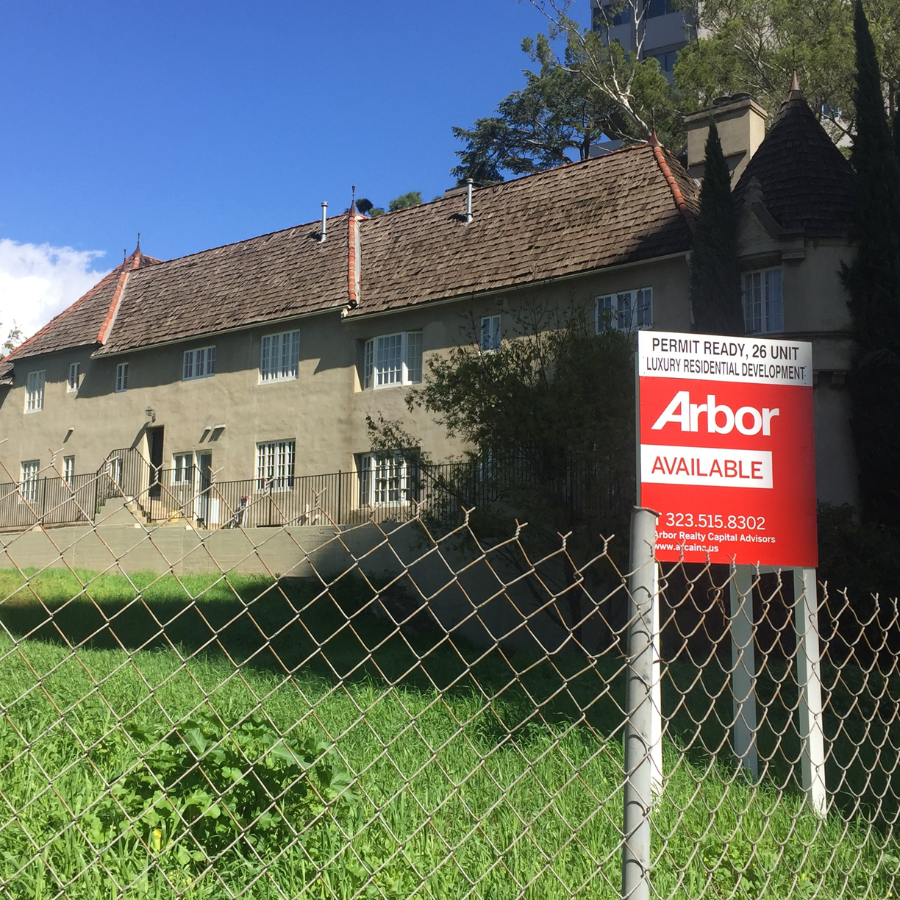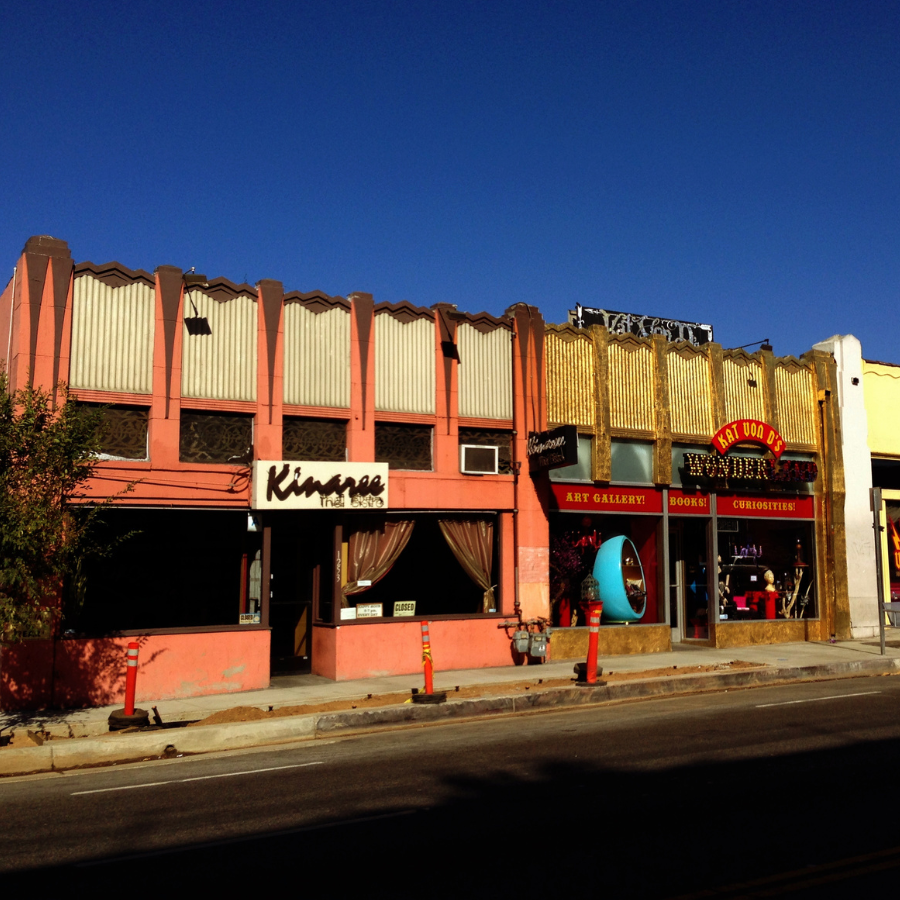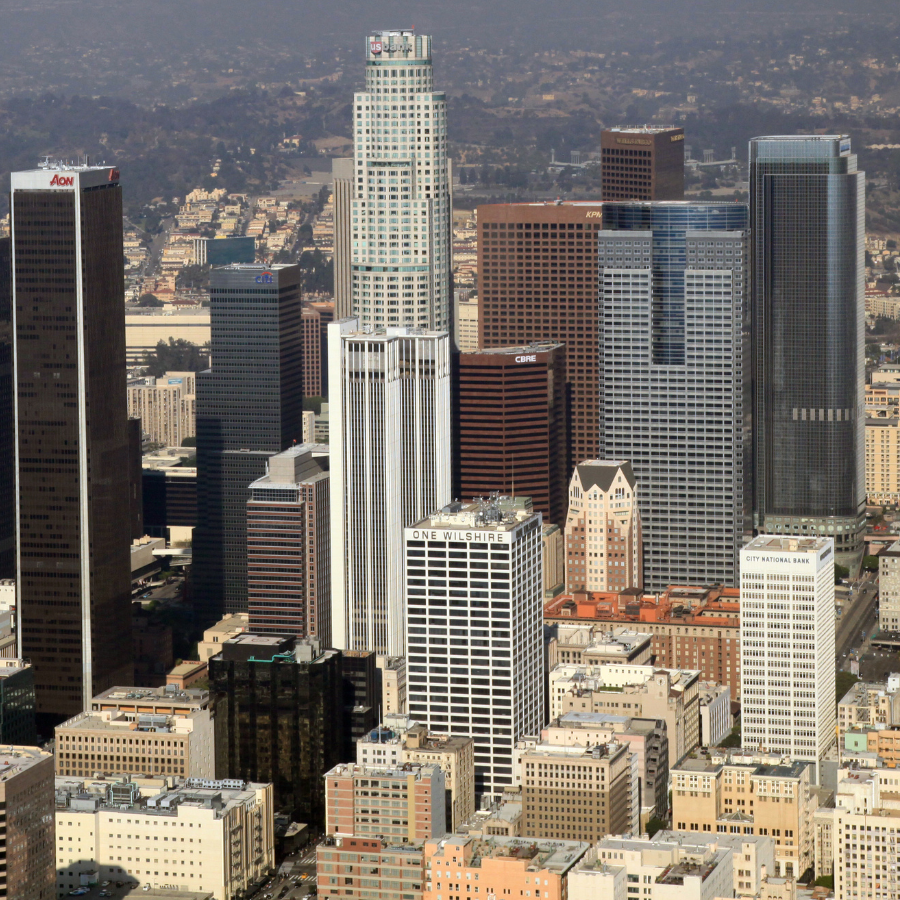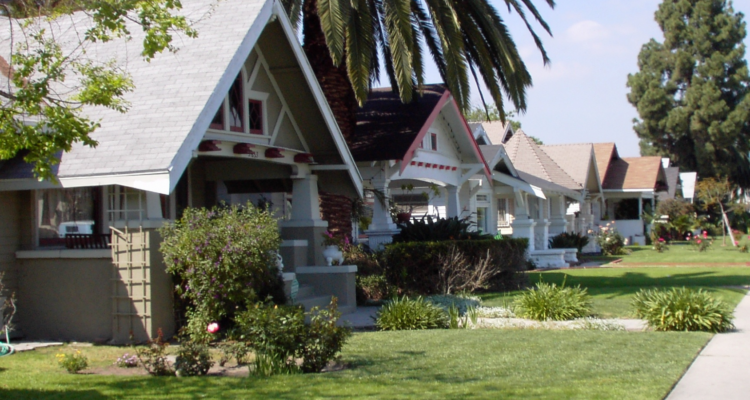
Explore Neighborhood Issues & Preservation Resources
Help preserve the historic places in your neighborhood!
While the breadth of changes coming to Los Angeles can seem overwhelming, many policies and tools are in place to help ensure that Los Angeles’ growth is sensitive to its past. We hope you find these resources helpful.
FEATURED STUDY
-
Preservation Positive Los Angeles
Published in 2020
Read MorePreservation Positive Los Angeles is a groundbreaking study showing how preservation positively affects housing, affordability, sustainability, density, and economics. It provides an in-depth look at historic preservation in Los Angeles and how historic places directly contribute to the city’s overall livability.
GUIDES AND RESOURCES
-
Conservation Easements
Permanent Protection For Historic Places
Learn MoreThe best way to truly preserve a historic place is through a conservation easement, a legal document that permanently prohibits the demolition or insensitive alteration of a property—even by future owners. Easements can also offer potential tax benefits.
-
Guide to California Environmental Quality Act (CEQA)
Use CEQA to Protect Your Community
Learn MoreLearn how to use the California Environmental Quality Act (CEQA) to protect historic places in your community. You can have a say in how your community changes over time.
-
Historical Research Guide
Learn MoreExplore our guide to researching historic properties in Los Angeles County.
-
Guide on How to Save Historic Places
Learn MoreWhile there is no single formula or method that will guarantee that a historic building will be saved, there are several useful tools available to help protect buildings and avoid demolition.
-
Landmark THIS!
Learn MoreDesignating a building or site as a local landmark is one way to recognize and protect a historic resource. It is a proactive tool and often something that owners and members of the public can do before a property is threatened.
-
Preservation Incentives
Learn MoreLearn about financial and construction incentives available for preserving qualified historic properties, some specifically for homeowners.
-
Preservation Organizations
Statewide and National
Learn MoreWe aggregated a list of statewide and national organizations that work in various aspects of historic preservation in California.
-
The Secretary of the Interior's Standards for Rehabilitation
Learn MoreThe Secretary of the Interior’s Standards are nationally accepted standards for rehabilitating historic buildings, applied to specific rehabilitation projects reasonably, considering economic and technical feasibility.
NEIGHBORHOOD ISSUES AND POLICIES
-
Mansionization and Teardowns
Read MoreThe practice of tearing down an older single-family house and replacing it with a much larger one has slowly changed the character of L.A. neighborhoods for years. Many proponents of mansionization claim that building larger homes in older neighborhoods increases density. Yet not everything touted as “density” really is density.
-
Multi-Family Teardowns
Read MoreOlder multi-family residences—including bungalow courts, duplexes, and courtyard apartments—are increasingly vulnerable to demolition in the name of creating new housing. Though the city’s housing shortage is serious, these development pressures often result in the loss of existing rent-stabilized units and close-knit communities.
-
Background Buildings
Read MoreBackground buildings—modest yet distinctive structures that add to the character of their neighborhoods—are slowly disappearing as commercial corridors change. Block by block, these community anchors are being replaced with mid-rise developments that can seem sterile and disconnected from the existing neighborhood.
-
High-Rise Development
Read MoreDensity is the name of the game in recent development. High-rise towers introduce new proportions and design elements, drastically altering the character and experience of intact and historic urban centers. Though these areas are primed to accommodate growth, we need greater clarity and guidance for managing this new development.
Contact
If you have any questions or need technical assistance, contact us at advocacy@laconservancy.org.
